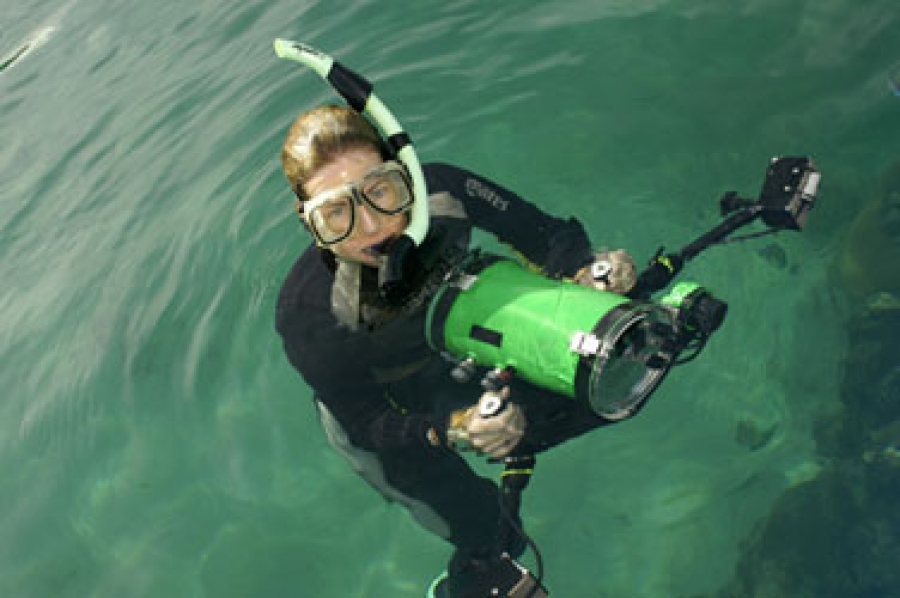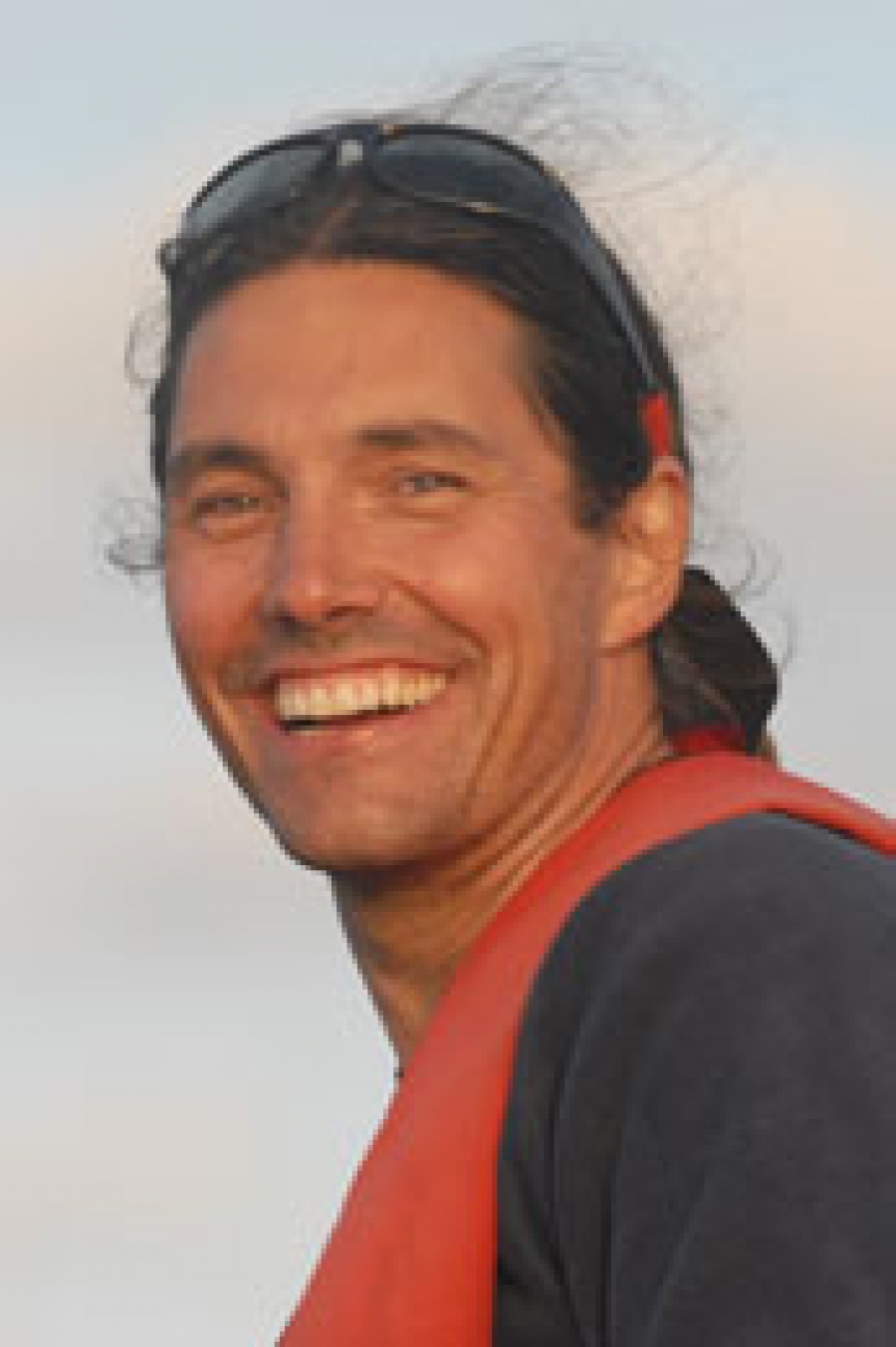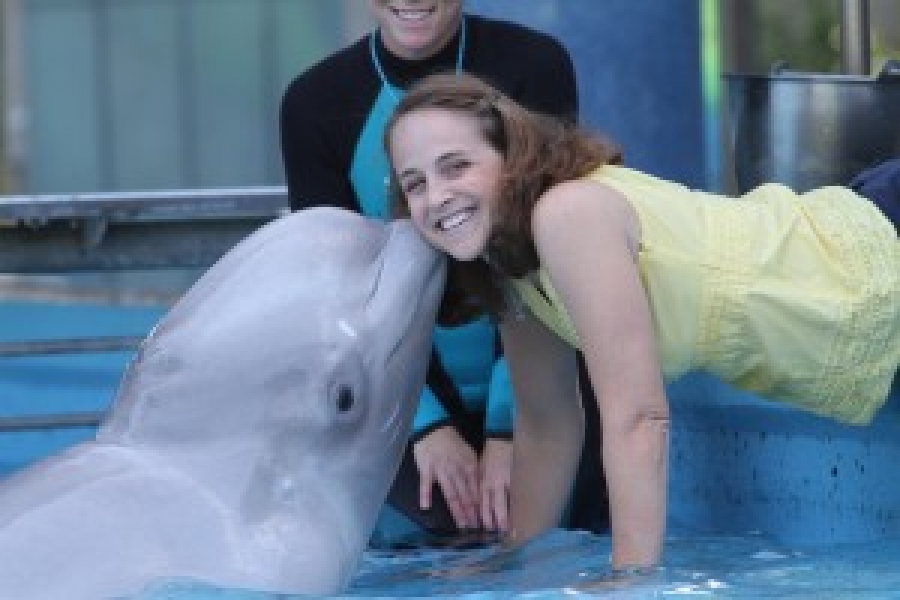Bimini Adventures, headed by Al Sweeting Jr, have formally supported DCP’s research off Bimini, The Bahamas since 2006. Operating out of Sea Crest Hotel & Marina, Bimini Adventures grant space for DCP researchers on their trips in search of wild dolphins. Al, with more than 20 years experience guiding tourists on and under the waters of Bimini, and his crew are a pleasure to work with.
Tag: older content
Zoo Duisburg
Dudzinski began DCP’s studies of the dolphins at Zoo Duisburg in late 2012. She was invited to observe the dolphins and spent time documenting their behavior and vocalizations. There are nine dolphins calling the dolphinarium at Zoo Duisburg home. When Dudzinski visited in 2012 and 2013, 1 adult male, 3 adult females, 2 subadult females, and 2 male and 1 female calves called the dolphinarium home.
The Zoo opened in 1935 and was well received with more than 300,000 visitors in it’s first year. Though severely bombed during WWII, the zoo survived and rebuilt.
Contact Us
Write to us via snail-mail at:
Dolphin Communication Project, P.O. Box 7485, Port St. Lucie, FL, 34985, USA.
Email us (but please don’t send file attachments or job opening queries):
info {at} dcpmail {dot} org
Are you a researcher or student interested in collaborating with DCP?
Great! Send us an email and let us know about your ideas.
Writing to ask us about Job Opportunities? Hold your horses! Read this first:
The Dolphin Communication Project does not have any vacancies or job opportunities available at present.
Kathleen Dudzinski, Ph.D.
Director, Dolphin Communication Project
Dr. Kathleen Dudzinski has been studying dolphin behavior and communication since 1990, with a focus on tactile, behavioral and acoustic signals employed by dolphins as they share information with each other and across groups. Dr. Dudzinski is Founder and Director of the Dolphin Communication Project (DCP). Her current research focuses on two groups of dolphins in managed care – at the Roatan Institute for Marine Sciences (RIMS) in Honduras and at Blue Lagoon Island, home of Dolphin Encounters (DE), on Nassau, The Bahamas. Dr.
Rebecca Singer, Ph.D.
Associate Professor of Psychology, Georgetown College
Radhika Makecha, Ph.D.
Assistant Professor, Eastern Kentucky University
Andreas Fahlman, Ph.D.
Assistant Professor of Biology, Texas A&M University
Andreas Fahlman, Ph.D. is a comparative physiologist whose research projects revolve around the central question of how animals function in challenging environments. He was born and raised in Sweden, and moved to Hawaii in 1993 to pursue a BSc in Marine Biology. He completed his PhD in Biology from Carleton University in Ottawa, Canada, in 2000, with an award-winning dissertation On the Physiology of Hydrogen Diving and its Implication for Hydrogen Biochemical Decompression, based on research he performed at the Naval Medical Research Center, Bethesda, Maryland, USA.
Deirdre Yeater, Ph.D.
Associate Professor, Sacred Heart University, Connecticut
Biography
Dr. Deirdre Yeater received her Ph.D. from the University of Southern Mississippi in Experimental Psychology with a Concentration in Marine Mammal Cognition and Behavior. Dr. Yeater is an Associate Professor at Sacred Heart University in Fairfield, CT. She enjoys teaching courses such as Comparative Psychology and Animal Learning. Dr.
Heather Hill, Ph.D.
Associate Professor of Psychology, St. Mary’s University
Biography
Dr. Heather Hill completed her bachelor’s degree in Psychology at Texas A&M University, College Station with a minor in Oceanography in 1996. She earned her master’s (2000) and doctoral (2003) degrees from the University of Southern Mississippi under the mentorship of Dr. Stan Kuczaj. After 3 years working as a research assistant at the Navy Marine Mammal Program in San Diego, California, with Dr. Sam Ridgway, she returned to her hometown of San Antonio, TX. Dr. Hill has been teaching psychology at St.
Tadamichi Morisaka, Ph.D.
Lecturer, Tokai University Institute of Innovative Science and Technology
Specialties: Bioacoustics, Ethology, Ecology, Cognition
Interests: Evolution of odontocetes’ acoustic communication
Odontocetes, or toothed whales, use various sounds to search their environments and to communicate with each other. How, when and why do they evolve such a variable sounds? This is my research interest. Predatory-Prey interactions are seems to restrict their sound variations and activities. Additionally, I am involving conservation of wild dolphins using several techniques.









